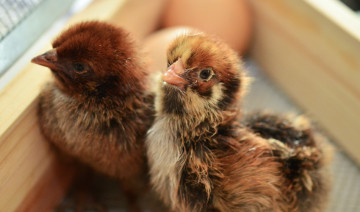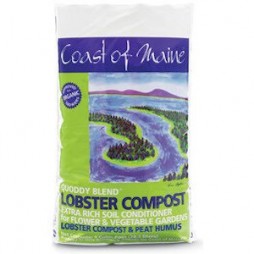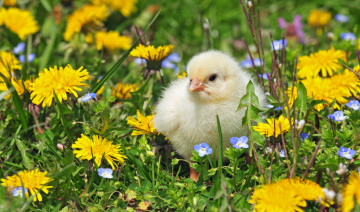Chirping into Spring: Essential Tips for Early Chick Care
As the world awakens to the warmth of early spring, backyard poultry enthusiasts eagerly anticipate the arrival of new feathered additions. Raising chicks...

It can be endearing to raise baby chicks, whether it is part of an urban homesteading plan, a family farm, or a classroom project. Young chicks are vulnerable and can easily become sick, however, and it is important to recognize symptoms of sick baby chicks in order to provide proper care for a healthy and thriving flock.
There are several common illnesses that might occur with any baby chicks, including young chickens, turkeys, quail, guineafowl, or ducks. Symptoms can be similar between these different diseases, but recognizing the signs of illness quickly can help you give chicks the best care to regain their health and grow to be strong, productive flock members.
The most common illnesses affecting chicks include:
Without proper treatment, any of these diseases can cause loss of condition, slowed growth, and eventually, fatalities.
When sick baby chicks are first noticed, it is critical to be sure of the proper diagnosis so the correct treatment can be used. While some diseases are more easily recognized, especially by experienced chicken-keepers, it is always best to consult a poultry veterinarian for a thorough examination and clinical diagnosis. At that time, medication may be prescribed that can be mixed into chicks’ food or water, or administered individually if required.
Good overall chick care is essential for a healthy young flock. The chicks’ environment should be kept clean, with bedding changed frequently to prevent accumulation of feces that will harbor or spread disease. Similarly, water dishes and feeders should always be properly sanitized, and uneaten or contaminated food discarded out of reach of chicks.
The pen or coop size should be adequate for the number of chicks to avoid overcrowding, which can stress young chicks and increase their susceptibility to disease. The pen should also be kept at a safe and comfortable temperature, neither too hot nor too cold for the chicks’ health.
Providing baby chicks with a healthy, appropriate diet is one of the best ways to minimize the risk of sickness. A baby chick’s nutritional needs can change quickly, however, so it is best to continually evaluate the birds’ growth and condition to provide them with proper food for their dietary needs. At all times, young chicks should have access to clean, fresh water.
Recognizing sick baby chick symptoms can take practice, but examining the young birds daily and noting any changes in their appearance or behavior can be a key element in noting the first appearance of any illness. The sooner sickness is noticed, the easier it will be to treat, and the healthier the chicks will be.

The original "seafood" compost. Made with chitin-rich lobster blended with peathumus and compost. The result is a dark-brown, complex soil that drains well and is ideal for conditioning beds and borders. Great for vegetable gardens. One of our best sellers!
On Sale: $11.88
Regular Price: $14.99
Not valid with any other discounts or sales.

As the world awakens to the warmth of early spring, backyard poultry enthusiasts eagerly anticipate the arrival of new feathered additions. Raising chicks...
Comments